When I teach organizations the trust equation and how to build influence, I run through the variables that affect trust. Why some people seem to be able to gain trust and influence better than others. It consistently comes back to one main variable in building trust.
it does not matter how competent, how reliable, or how vulnerable we are with others. If we are only out for our own gain, willing to step on others for our accolades, then we are going nowhere. That is right selfishness affects trust.
Selfishness is in the denominator of the trust equation and just like any fraction, the denominator has the most leverage. Now every individual is selfish to a point. It’s in our fight or flight mechanism that keeps us safe. We want to make sure our needs are met and that we are safe. Sometimes we take it a bit too far.
We all want to succeed at what we are doing and become successful in our careers, relationships, etc. We want that nice house, nice car, top of the line phone. No one wants to fail at their endeavors. Unfortunately, that fear of failure takes over and we start focusing how we can step on others to get to that next level then we are going to sacrifice trust.
If we are willing to sacrifice others for our gain then we are not going to be able to build trust with others. They will be able to see our intentions. We can hide our intentions for a short amount of time, but ultimately our selfishness will be like a light shining bright in the night sky.
When we act in selfish ways, people learn that they can not trust us to do what is right, just what is right for ourselves. Selfishness is a filter of how we see the world and how we function in it. We see our view of the as a means to an end for our own success.
Selfishness does not value others. It only values our gain. When others realize this, they understand that they need to interact in a way that protects them. Which means now they start acting in selfish ways as well. That means that others are affected and now trust really starts to erode in our organizations.
When we have low levels of trust, speed goes down, extra meetings happen, extra tracking files are needed, constant reporting, etc. Costs increase, from all of this excess tracking, resulting in lower profit margins.
When we have lower profit margins, organizations will then have to start cutting costs everywhere they can. That means layoffs, using lower quality materials in our of our products / services, making our offerings worth less. This then starts the downward spiral of lower revenues and accelerates the speed of bankruptcy.
We need to avoid this pattern if we want to stay in business for the long haul and we need to stop being selfish. We need to serve those around us and as a result we will be able to generate trust which will reverse this spiral and keep us profitable.
When speed goes up, costs go down. That means more profits. That all is affected by the trust and selfishness levels we have at our organizations.
“Businesses wonder why it is still hard to be thought of as the brand of choice with customers. How can our business make more profitable transactions and stay out of the commodity battle with low profits? I equip your sales team to walk with the customer through the five buying decisions, and in the correct order to generate explosive revenues with greater profits!”
https://drive.google.com/file/d/1lWIVasmkFsoYL4h0AqIZgH6LC3qaw_gI/view?usp=sharing – client profile sheet
https://www.amazon.com/Sales-Process-Uncovered-Success-Influence/dp/0578421518 - Book

